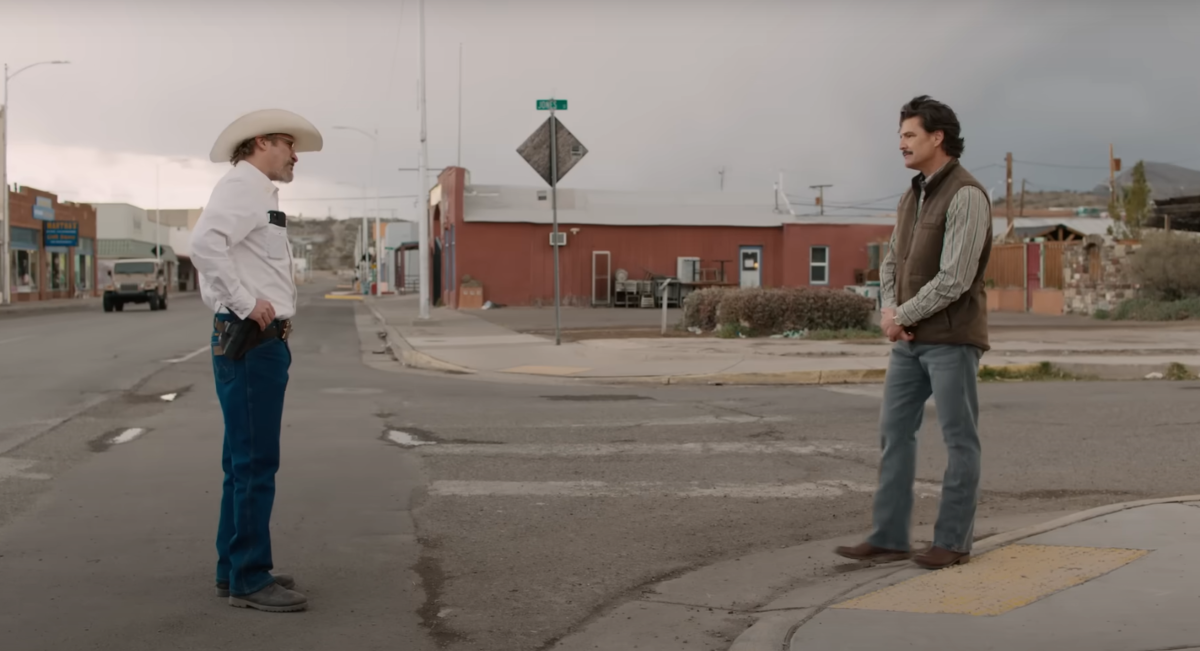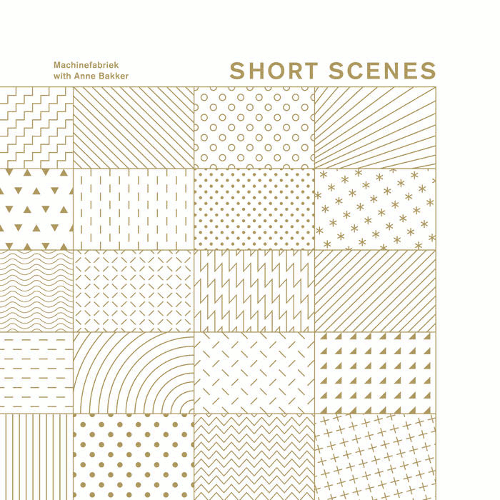Aster pits antagonists against each other with the immediacy of a two-shot face-off, one which would have involved six-guns had the movie taken place a century and a half earlier. If he can put a telephone pole, a pillar or a window between them, so much the better. Long-distance tableaux evoke the classic Westerns of the olden days, but they also leave it up to the audience to decide which element in their detailed compositions to focus on, and therefore whose side to take when the shit is kicked into the fan.
The camera shifts angles and perspectives with far more ease than the people trapped in its frame, its movements usually too subtle to feel like sneering, but also too inscrutable to challenge us into disagreeing with the director’s position, because he might not even have one. Suffice it to say that objects in the background of these shots may be more important than they appear.
But in their ubiquity, smartphones also have an opposite function of constant surveillance, filming a contretemps in the supermarket one moment and a cop trying to ‘move along’ protesters the next. Furthermore, nuggets of comedy nestle in their glaring screens, especially during the twin election campaigns of Joaquin Phoenix’s simpleton sheriff and Pedro Pascal’s smarmy incumbent. The former’s are so incompetent they make you cringe, while the latter’s are so disingenuous you want to stick your finger down your throat.
Leading the ensemble, Phoenix embodies the exact attitude so many people had during a pandemic they understood only in terms of an infringement of their civil liberties. The spectre of Donald Trump as his macrocosmic avatar is almost too obvious to remark upon, but as a small-c conservative who means well but isn’t very bright, he’s easy prey for the manipulations of Austin Butler’s cultish influencer, whose pseudo-intellectual rhetoric has impressed a small army of idiots.Double Oscar-winner Emma Stone is just as abandoned by the script as her character is – she’s the sheriff’s wife with nothing to do but stay at home thinking about their disintegrating marriage, before shacking up with a new pair of chaparreras. Their few domestic scenes are often shot at oblique angles, as if they live in the lair of one of Batman’s special guest villains, so we can see from the start how doomed they are.
The whole story rests on a continent-sized irony, whereby people in a mostly empty space argue over the tiniest borders, physical or otherwise. It seems a little ridiculous, not to mention dramatically ineffectual, and although the action starts following a darker, explosively violent path in the final act, by then it’s too late to start caring. Maybe it’s all part of the joke, but there’s no need to spend two and a half hours telling it.Eddington is a satire wrapped up in a thriller, fully satisfying the usual requirements of neither. It pits progress against tradition and points out the absurdities within each of them, but offers very little in the way of solutions to the problems that anyone who’s lived through the last decade will already be only too aware of. As a comedy it’s not funny enough, as a thriller it’s not thrilling enough, and as a critique of contemporary America its criticisms are hollow. The film feels like it’s been gestating for a number of years, but so many superfluous sperms have been added to its uterus that it’s ended up stillborn.
-Stew Mott-




